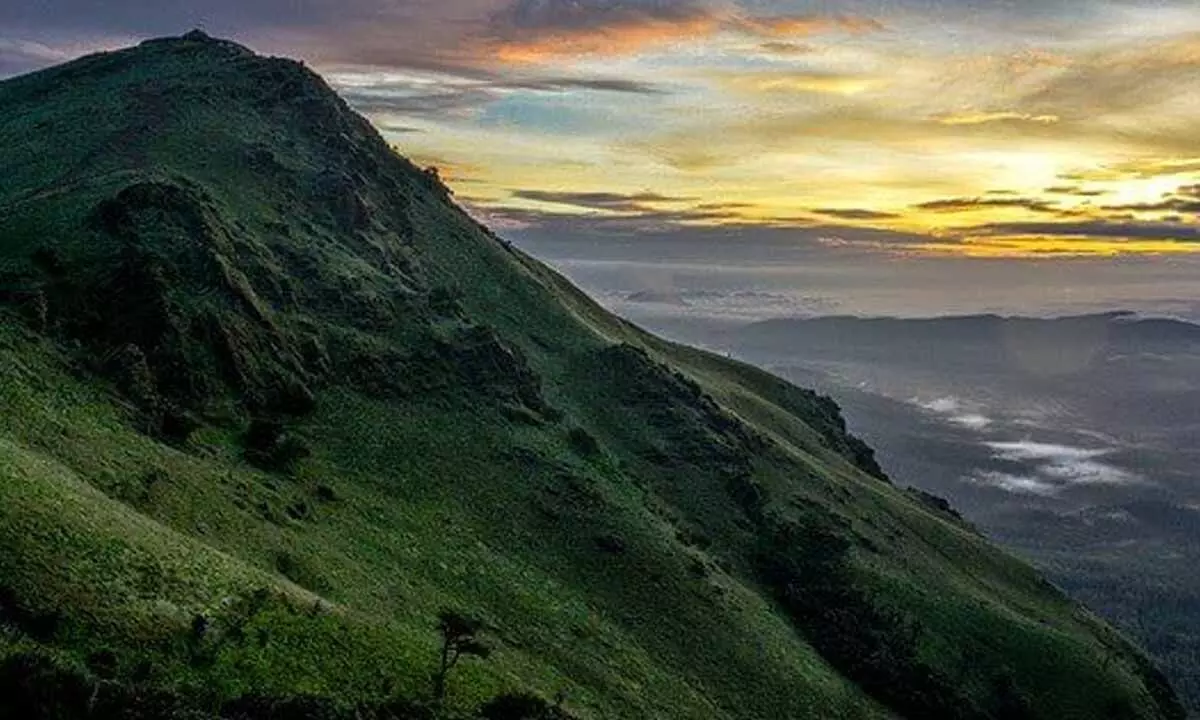Kasturirangan Report After Chikkamanguru Kodagu farmers resent

The Kasturirangan report on the Western Ghats is now being hotly debated all across the 12 districts of Karnataka and 6 states in the Western Ghats range.
Siddapura: The Kasturirangan report on the Western Ghats is now being hotly debated all across the 12 districts of Karnataka and 6 states in the Western Ghats range. The latest to join the list in Karnataka is Kodagu district which is known for its green cover and vibrant tribal culture and rare tenets of tribal life.
The Karnataka Rajya Raitha Sangha Kodagu district held a summit of tribal farmers, village dwellers and activists for the preservation of Tribal culture and farming in Siddapura on Friday. Environmentalists, farmer leaders, thinkers and influencers have unequivocally condemned the Kasturirangan report on the Western Ghats and wanted the governments in the state and the centre to review the decision to implement the Kasutrirangan report.
Giving the keynote address well-known environmentalist and pro-people fighter Dr Kalkuli Vittal Hegde said “There were two reports that are contradictory in nature, firstly the Madhav Gadgil report which was more or less closer to the right perspective and secondly the Kasturirangan report which has become a nemesis of the tribal population living inside the national parks and the western ghats habitats. What is debatable and opposed to life as we know inside the western ghats is the use of water sources and the crops that the poor tribal farmers grow. The report says that the farmers will have to grow only those crops that agree with the biodiversity of the Western Ghat and they must not resort to cultivating crops that are specified under monoculture” Dr Hegde questioned how a tribal farmer will survive by cultivating biodiversity crops which do not give them adequate returns for their work.
Such debates are happening in Udupi, Chikkamagaluru, Uttara Kannada and Shivamogga districts in Karnataka and the Karnataka Rajya Raitha Sangha and many other organisations dedicated to the welfare and protection of tribal farmers and forest dwellers.
Recently the Karnataka forest minister Eshwar B Khandre made a statement that the state government was considering implementation of the controversial Kasturirangan report without knowing the implications in the lives of the forest dwellers. But after some advise from the farmer leaders and environmentalists Khandre did understand the implications and changed the statement that government will not implement the Kasturirangan report. (eom)








